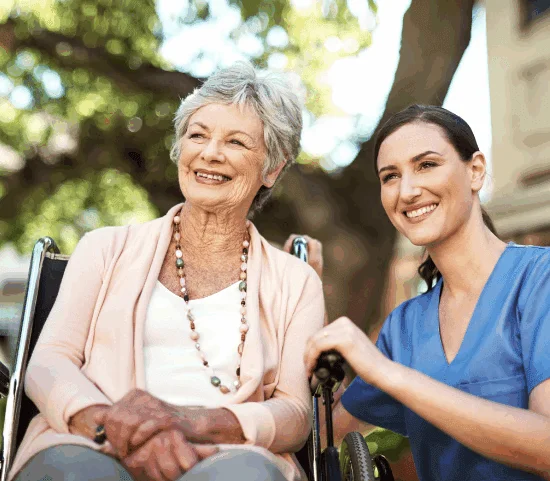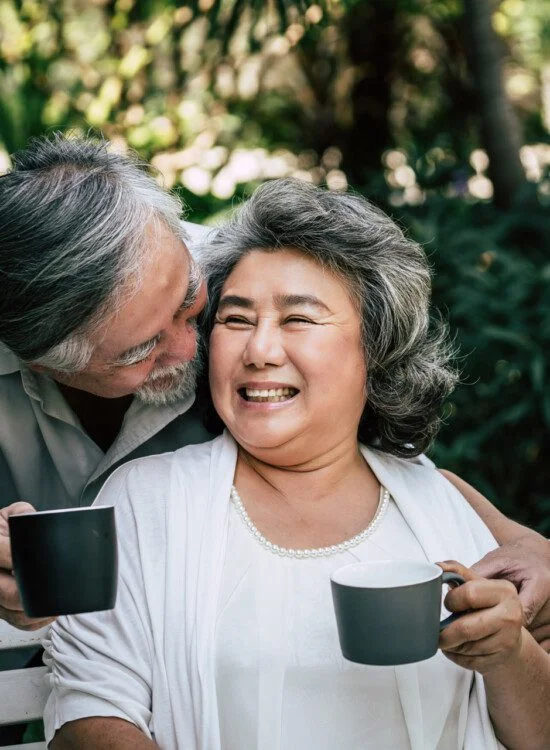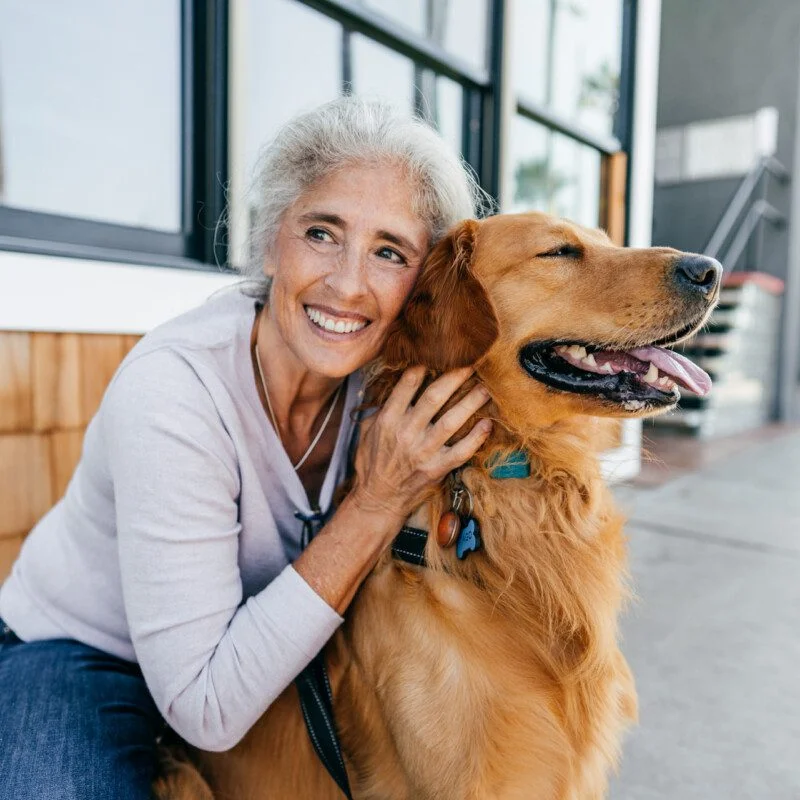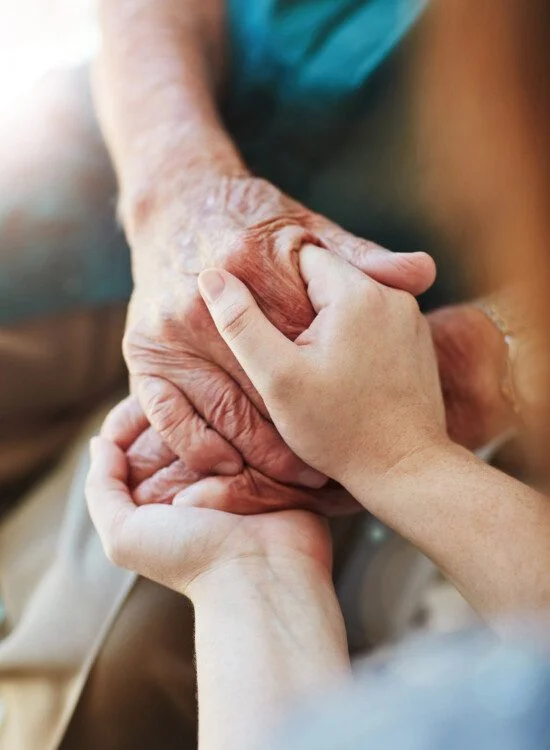Understanding Senior Living Lifestyle Options for Seniors
Independent Living: The Starting Point
- Effortless Living: Remove the worries of homeownership and embrace a day-to-day experience of ease and convenience.
- Built-In Community: Forge connections with like-minded individuals who share your passions and interests.
- Elevated Experiences: Immerse yourself in refined amenities, cultural events, and engaging activities that round out your days.
- Wellness-Focused: Enhance your well-being with access to fitness centers, wellness programs, and personalized support.
Created for active seniors who prioritize autonomy and seek a setting that reflects both intention and opportunity.
Finding the right independent living community should involve conversations that help you get to know your prospective options. Here’s what to ask:
- Social & Cultural Life: “What events and programs are available for residents to engage in?”
- Opportunities for Growth: “What activities support lifelong learning and allow me to explore new interests?”
- Lifelong Learning & Growth: "What opportunities are available for personal growth, intellectual stimulation, and continued learning within the community?"
- Active Living on Your Terms: “Are there any limitations on what independent living residents can do or when?”
- Curating Your Lifestyle:“What sets the amenities and resources here apart? How can I use them to enjoy my ideal lifestyle better?”

Assisted Living: Independence with Support

- Tailored Assistance: Seek communities that offer personalized care plans that adapt to your unique needs and preferences.
- Dignified Support: Look for communities that assist with daily activities while honoring your autonomy and individuality.
- Holistic Well-being: Prioritize communities that offer comprehensive wellness programs encompassing physical, mental, and emotional health.
- Meaningful Connections: Choose communities that establish a sense of belonging and connection, encouraging social interaction and meaningful relationships.
Individuals who would benefit from a helping hand for certain aspects of daily living, such as:
- Bathing and dressing
- Medication management
- Mobility support
- Meal preparation
- More socialization
Go beyond the surface and delve deeper into the community's approach to assisted living. These questions can guide your exploration:
- Caregiver Expertise: "What is the community's approach to caregiver training and development? How do they ensure their caregivers are equipped to provide compassionate, personalized care?"
- Lifestyle & Activities: "What opportunities exist for assisted living residents to pursue their passions, explore new hobbies, and connect with others who share similar interests?"
- Dining & Nutrition: "How does the community approach dining services? What steps are taken to create nutritious, enjoyable meals that cater to individual dietary needs and preferences?"
- Resident Involvement: "How does the community encourage resident involvement in shaping its programs and activities? What opportunities are there for residents to provide feedback and contribute to decision-making processes?"
- Health & Wellness Support: "Can you describe the community's approach to preventive care and wellness education? What resources are available to residents who wish to improve their health and well-being?"
Memory Care: Specialized Support for Cognitive Health
- Individualized Approach: Seek communities that recognize the unique needs and preferences of each resident, crafting personalized care plans that honor their life stories and support their individual journeys with memory loss.
- Engaging Environment: Look for communities that offer a harmonious blend of structure and freedom, making space for residents to explore, engage, and express themselves with confidence.
- Holistic Therapies: Prioritize communities that provide a diverse range of therapeutic activities, including reminiscence therapy, sensory experiences, music and art programs, and cognitive stimulation, all to nurture the mind, body, and spirit.
- Family Connections: Choose a community that values family involvement, meaningful connections through regular communication, shared activities, and support groups for residents and their loved ones.
Seniors with Alzheimer’s disease and other forms of dementia, who may benefit from a structured care setting that offers:
- A predictable daily routine and an easy-to-navigate residence
- Activities and therapies that stimulate cognitive function and encourage social interaction.
- A compassionate team of experts trained in dementia care
Exceptional memory care communities do more than provide care—they establish a foundation for seniors to build a life of purpose and connection. Use these strategic questions to assess whether a community aligns with your expectations:
- Expertise in Dementia Care: “What specialized training do caregivers receive, and how does the community ensure continuous education in dementia care best practices?”
- Cognitive & Social Engagement: “What enrichment programs, therapies, and daily activities are in place to support cognitive function, encourage socialization, and promote emotional well-being?”
- Tailored Care Approach: “How are individual care plans developed and adapted over time? How are families involved in shaping their loved one’s experience?”
- Creating Moments of Joy: “What efforts are made to celebrate each resident’s personal history, preferences, and achievements in daily life?”
- Family Communication & Transparency: “How does the community keep families informed about their loved one’s well-being? What channels are available for updates and ongoing collaboration?”
Skilled Nursing: Compassionate Care Around the Clock

- Expert Medical Care: Choose a community with skilled healthcare professionals experienced in everything from post-surgical recovery to chronic condition management.
- Personalized Support: Look for individualized care plans that adapt to your needs, with regular assessments to ensure the right level of support at every stage.
- Comprehensive Wellness: Opt for a setting that combines medical expertise with holistic therapies, including physical rehabilitation, occupational therapy, and social engagement.
- Quality of Life: Seek communities that offer well-appointed accommodations, welcoming common areas, and exceptional amenities to enhance your daily experience.
Skilled nursing is ideal for those in need of around-the-clock medical care and specialized support, including individuals:
- Recovering from surgery, illness, or injury
- Managing complex health conditions
- Requiring advanced nursing care tailored to their specific needs
Selecting the right skilled nursing community requires careful evaluation. These key questions will help you gain a deeper understanding of the care and experience offered:
- Expertise & Training: “What qualifications do the nursing staff hold, and how does the community promote ongoing education and professional growth?”
- Personalized Care Plans: “How are care plans created and adapted over time to meet evolving medical and personal needs?”
- Collaboration & Communication: “How does the care team coordinate with residents, families, and physicians for seamless and comprehensive care?”
- Therapeutic & Rehabilitation Services: “What therapies are available, and how are they customized to support recovery, mobility, and overall well-being?”
- Daily Life & Engagement: “What does a typical day look like for residents? What activities and amenities are in place to foster social connection and comfort?”
Rehabilitation: Reclaim Your Strength
- Specialized Expertise: For comprehensive care, seek out communities with a team of experienced therapists who specialize in various areas, such as physical, occupational, and speech therapy.
- Tailored Approach: Look for communities that create individualized rehabilitation plans based on your specific goals, abilities, and recovery timeline.
- Holistic Well-being: Prioritize communities that embrace a holistic approach to rehabilitation, incorporating physical therapy, occupational therapy, and support for your emotional well-being, recognizing that healing encompasses mind, body, and spirit.
- Encouraging Environment: Choose a community that cultivates a positive and supportive atmosphere. Ensure your choice will help you feel encouraged and motivated throughout your recovery journey, surrounded by a team that celebrates your progress every step of the way.
Rehabilitation is a good fit for individuals recovering from:
- Surgery, such as joint replacement or cardiac procedures
- Illness, such as stroke, neurological conditions,
- Injury, such as fractures or sports-related injuries
The right rehabilitation program should be tailored to your needs and goals. Use these questions to help you choose the best path to recovery:
- Personalized Recovery Plans: “How does the community evaluate my condition and create a rehabilitation plan aligned with my personal goals?”
- Therapy Options & Technology: “What therapies are available, and what specialized equipment is used to enhance recovery?”
- Tracking Progress: “How will my progress be measured, and how is my therapy plan adjusted as I improve?”
- Seamless Transitions: “What support is offered to help me smoothly return to daily life and maintain my progress?”
- Coordinated Care: “How are rehabilitation and skilled nursing services integrated for a comprehensive recovery experience?”

The CCRC Advantage: A Seamless Transition Through Every Stage
Finding the Perfect Level of Care for Your Lifestyle


